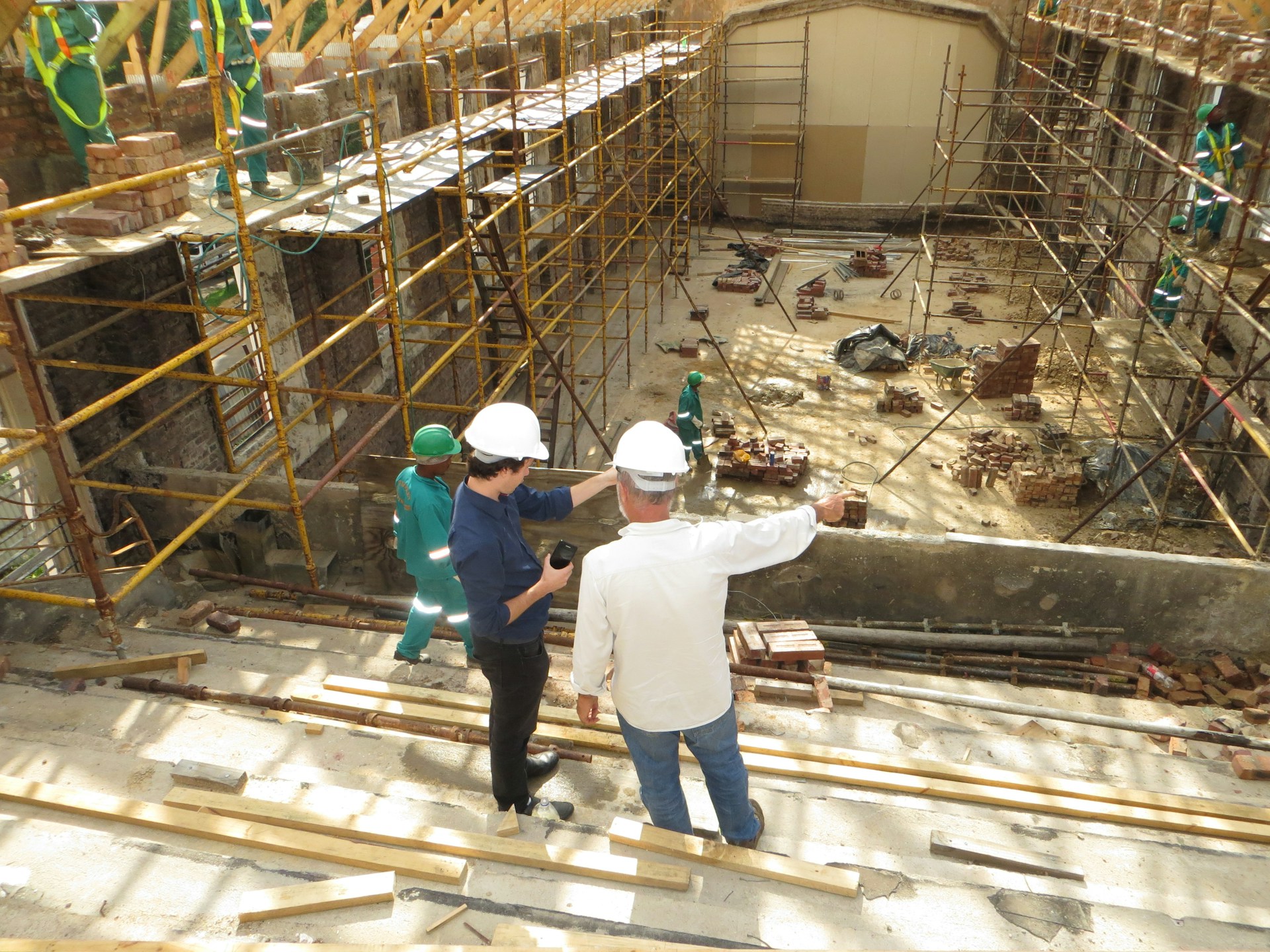Managing construction projects efficiently is critical to delivering quality work on time and within budget. Construction projects involve many moving parts—teams, materials, equipment, timelines, and regulations—making strong project management essential.

Here’s how to ensure your construction projects run smoothly from start to finish.
1. Start with a Solid Plan
Every successful construction project begins with a detailed and realistic plan. This includes defining the project scope, establishing a clear timeline, setting a budget, and determining resource requirements. Engage architects, engineers, contractors, and stakeholders early in the planning phase to avoid misunderstandings later. A well-structured plan helps prevent delays and cost overruns.
2. Use the Right Project Management Tools
Technology plays a key role in modern construction management. Tools like Procore, Buildertrend, and CoConstruct offer features for scheduling, budgeting, document control, and team communication. These platforms help keep all stakeholders informed in real time, minimizing errors and miscommunication. Using digital tools also improves accountability and project tracking.
3. Hire and Manage the Right Team
Construction projects rely heavily on people. Hire skilled professionals, from site supervisors to subcontractors, who are experienced and trustworthy. Clearly define roles and responsibilities, and foster open lines of communication. Good leadership ensures that teams stay motivated and committed to safety and quality throughout the project lifecycle.
4. Monitor Progress and Control Costs
Once construction begins, continuous monitoring is vital. Conduct regular site inspections, track daily progress, and compare actual results with planned targets. This allows for early identification of issues that may impact deadlines or budgets. Efficient cost control means carefully tracking expenses, managing change orders, and preventing material waste.
5. Prioritize Safety and Compliance
Safety is non-negotiable on construction sites. Ensure that all workers follow safety protocols and use protective equipment. Regular training, site safety checks, and compliance with local building codes and regulations reduce the risk of accidents and project delays due to legal issues.
6. Evaluate and Learn Post-Completion
After project completion, conduct a thorough review with your team. Assess what went well and where improvements can be made. Learning from each project strengthens your approach for future work and enhances your reputation in the industry.
Conclusion
Efficient construction project management requires a combination of planning, technology, skilled people, and strong leadership. By following these strategies, project managers can ensure timely delivery, cost-effectiveness, and quality outcomes—laying the foundation for long-term success in the construction industry.

